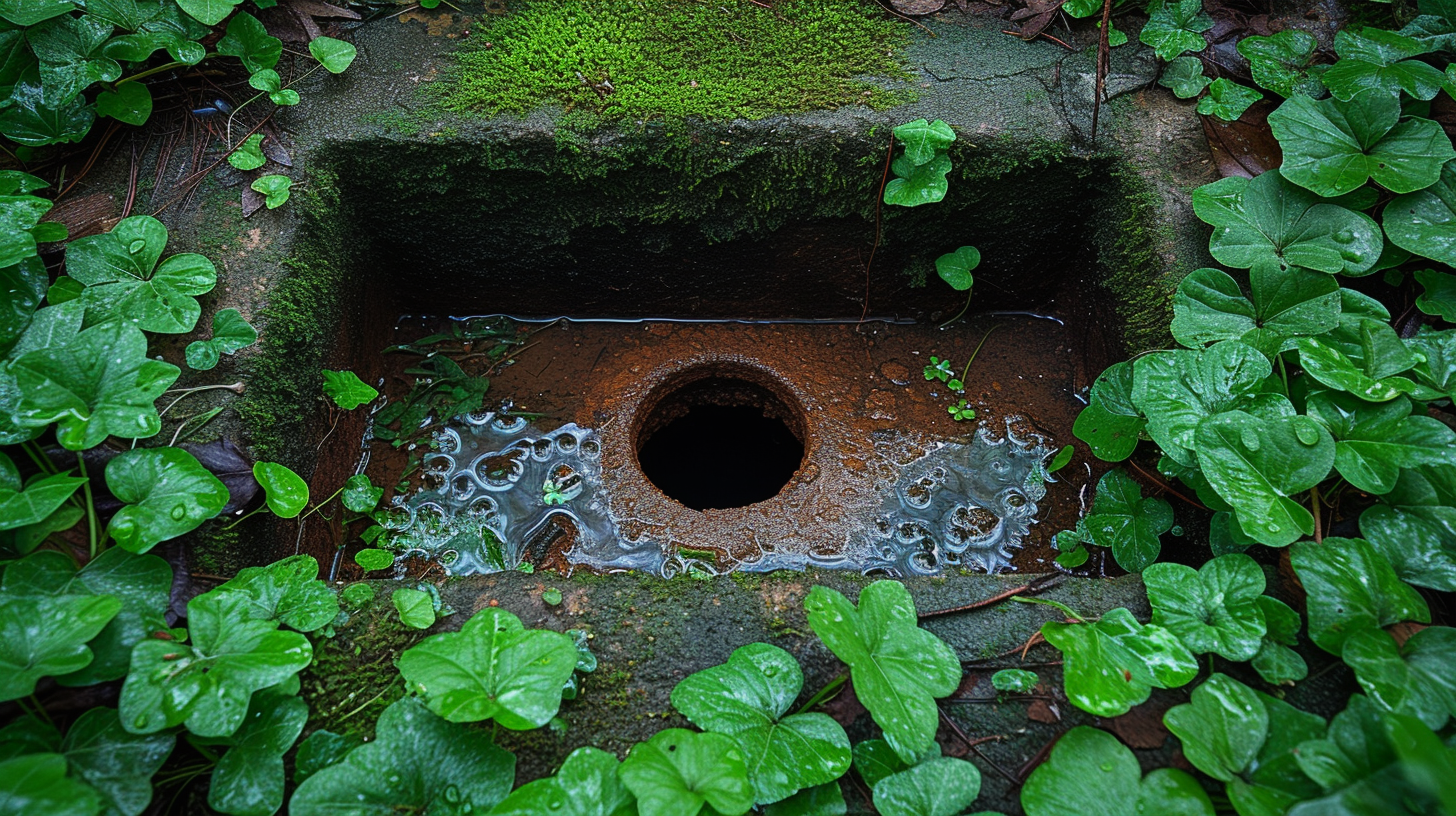Key points
• Effective Bacteria and Enzyme Formulas: The best septic tank treatments often contain a blend of beneficial bacteria and enzymes that help break down waste materials, such as solids, oils, and paper, thereby reducing sludge buildup and preventing clogs.
• Regular Maintenance: Using septic tank treatments regularly, as part of a maintenance routine, can prolong the life of your septic system, reduce the frequency of pump-outs, and help prevent costly repairs or system failures.
• Environmentally Friendly Options: There are septic tank treatments available that are environmentally safe, using natural and biodegradable ingredients, which minimize the impact on surrounding soil and groundwater and are safe for use in all types of septic systems.
Contents
- 1 Key points
- 2 Purpose of Septic Tank Treatments
- 3 The Best Product That I Recommend
- 4 Debunking Myths Around Septic Tank Additives
- 5 Natural Processes in Septic Systems
- 6 Biological Treatments
- 7 Chemical Treatments
- 8 Enhancing Breakdown of Solids
- 9 Reducing Sludge Build-up
- 10 Preventing System Failures
- 11 Frequently Asked Questions (FAQ)
Purpose of Septic Tank Treatments
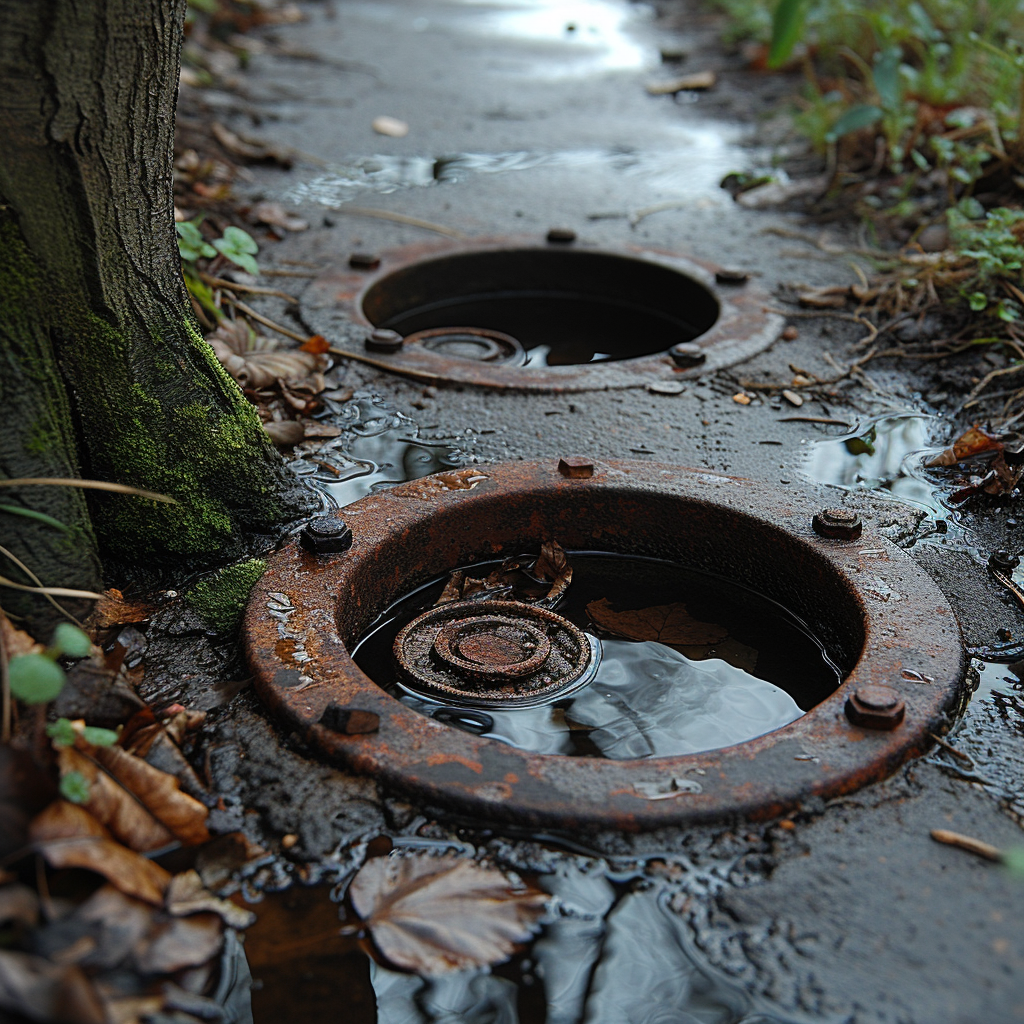
Let’s dive into what really goes into a septic system—starting with the role of biological enhancers and chemical additives. They’re like the secret sauce for keeping things running smoothly. Now, you might be thinking, “What’s all the fuss about?” but hear me out; these treatments can do wonders for your septic tank.
Biological Enhancers
A touch of biology can go a long way. Biological enhancers are composed of beneficial bacteria and enzymes that quite literally eat up the waste in your septic system. These microscopic helpers break down solids, reducing sludge build-up and promoting a healthy balance in your septic tank. This isn’t some old wives’ tale—it’s science!
Chemical Additives
Moving on, we’ve got chemical additives. No beating around the bush here: these bad boys come with strong chemicals designed to open up clogged drains and attack those pesky compounds that won’t break down easily. Just a heads up though—you’ve gotta handle these with care because they can pack quite the punch.
The Best Product That I Recommend
I’ve seen a bunch of different treatments for septic tanks come and go; they didn’t all work great. But SeptiFix has changed the game when it comes to keeping septic tanks in good shape.
This top-notch product is packed with strong bacteria and enzymes. They munch through waste, turn solids into liquid, and stop nasty smells. All this while keeping the septic system’s balance in check. You end up with a septic tank that’s cleaner, works better, and is less likely to get clogged or break down.
Here is a video that was filmed so I could demonstrate how effective it is:
Debunking Myths Around Septic Tank Additives
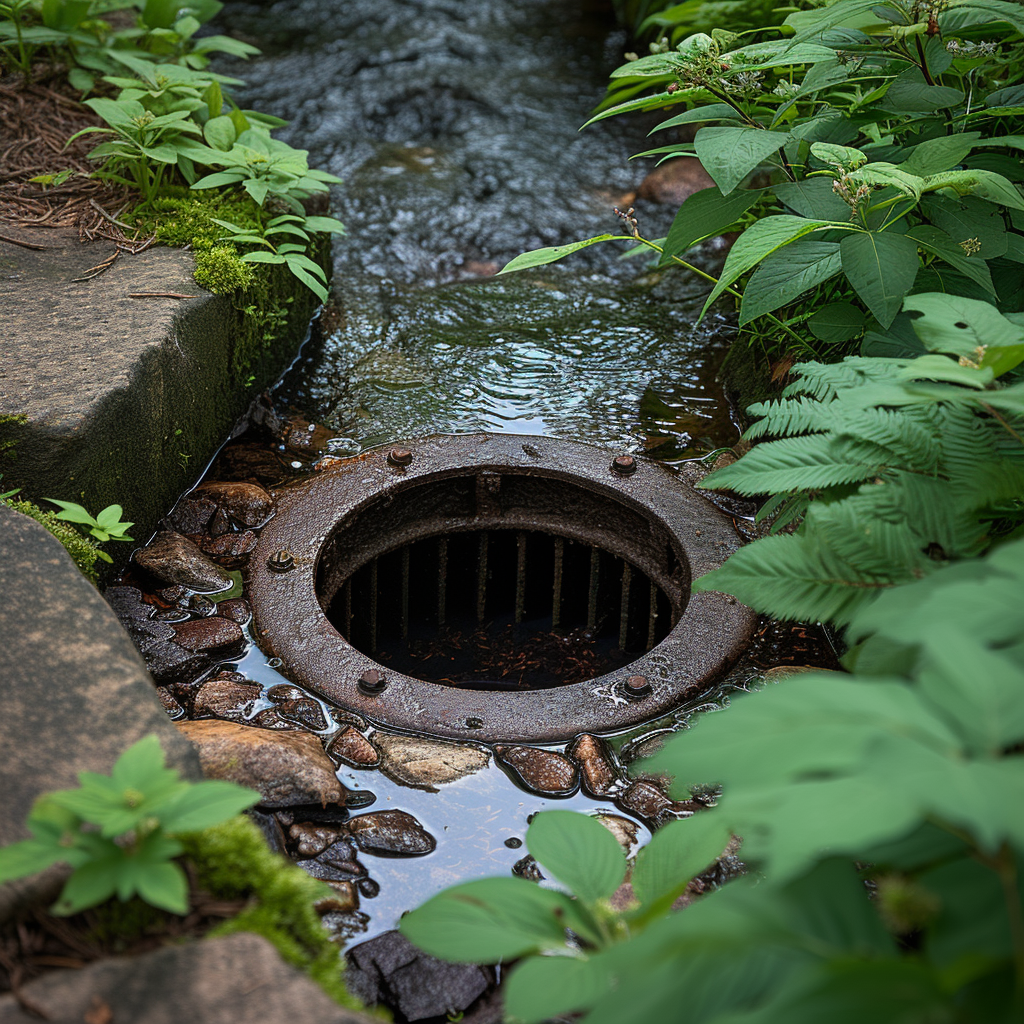
Alright, let’s clear the air about some misconceptions floating around regarding septic tank additives. It seems like everybody and their neighbor has a theory on them, but it’s time to separate fact from fiction. And trust me; once these myths are dispelled, you’ll see septic tank treatments in a whole new light.
Honestly, there’s nothing left unturned here—we’ve tackled everything. With an approach that mixes just the right amount of smarts with reliable information, this detailed look gives you the necessary scoop on septic tank treatments.
Natural Processes in Septic Systems
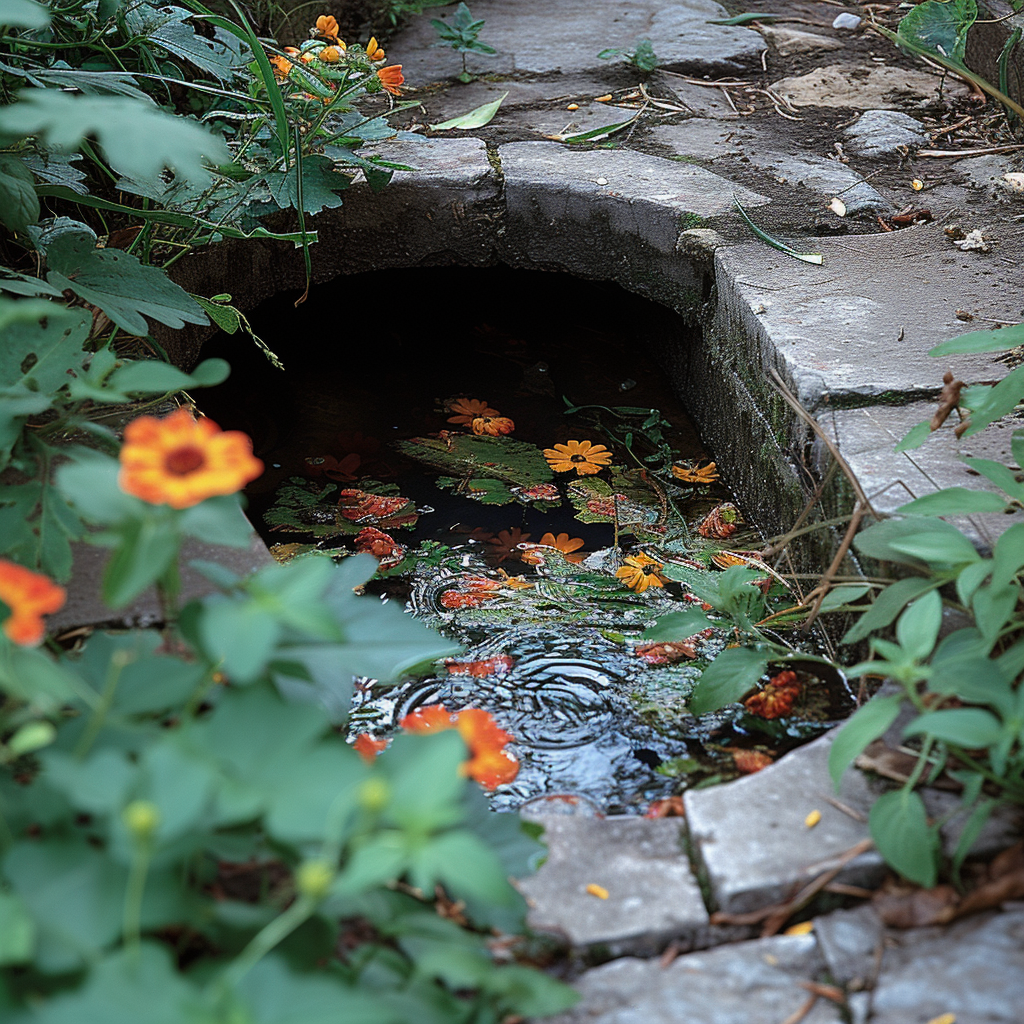
Note that maintaining an environmentally sound balance within your home does wonders—not only for mother nature but also for the intricate workings beneath our feet. Our actions inside play a major role in how well our septic systems manage waste through delicate natural processes.
Bacterial Balance and Health
It’s true what they say—the best things in life are free! And luckily for us, one such thing is the naturally occurring bacteria thriving in our septic tanks which play a pivotal role in breaking down waste effciently. To foster this biological powerhouse, it’s worthwhile avoiding practices that disrupt its balance like excessive dumping of harmful materials into our drains.
Impact of Household Chemicals on Septic Systems
Your everyday household cleaners might make your countertops sparkle, but they don’t quite have the same effect on your septic system. In fact, many chemicals wreak havoc by unbalancing bacterial ecosystems crucial for waste degradation. Mindful living means using these products sparingly or opting for natural alternatives when possible—it’s not just considerate for your pocket but also critical for ensuring long-term system health.
Remember—while maintaining your septic system may seem daunting at times, devoting just a bit of time and thoughtfulness can yield great efficacy and longevity for this below-ground workhorse. So here’s to being vigilant stewards of these unseen heroes—may we keep them thriving with every flush and swirl!
Biological Treatments
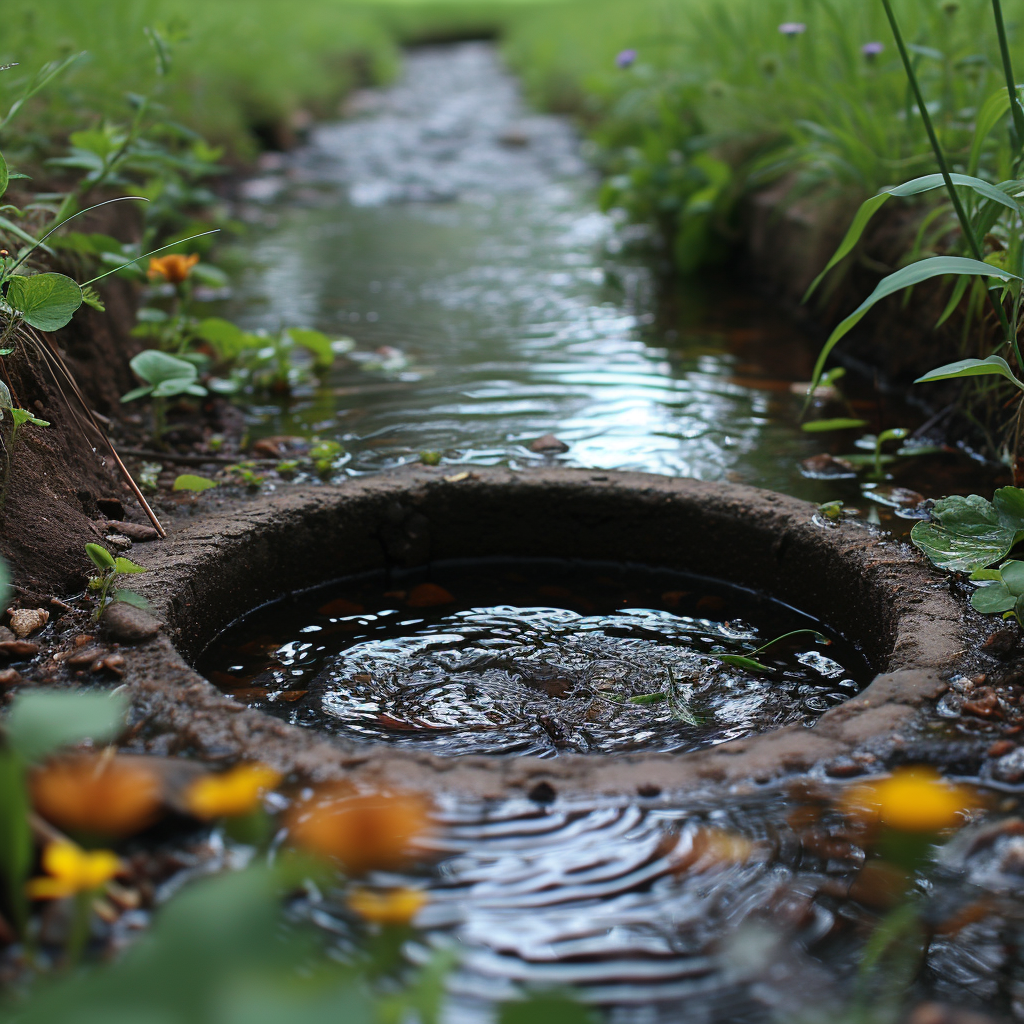
Exploring the realm of septic tank upkeep, we dive into the use of biological additives. These products are broken down into two main categories: those utilizing enzymes and those teeming with bacteria.
Enzyme-based Additives
A dash of enzymatic cleaners in your septic system works by breaking down organic waste a bit faster than usual. They’re like the little helpers that speed up natural processes, but don’t expect them to solve all your problems—a balanced tank needs more than just a quick fix.
Bacteria-based Additives
Next up, we’ve got treatments that bring in reinforcements—additional bacteria. These tiny warriors join forces with the existing microbial army in your tank to battle waste more effectively. Just remember, they’re an addition, not a replacement for the good stuff already doing its thing underground.
Chemical Treatments
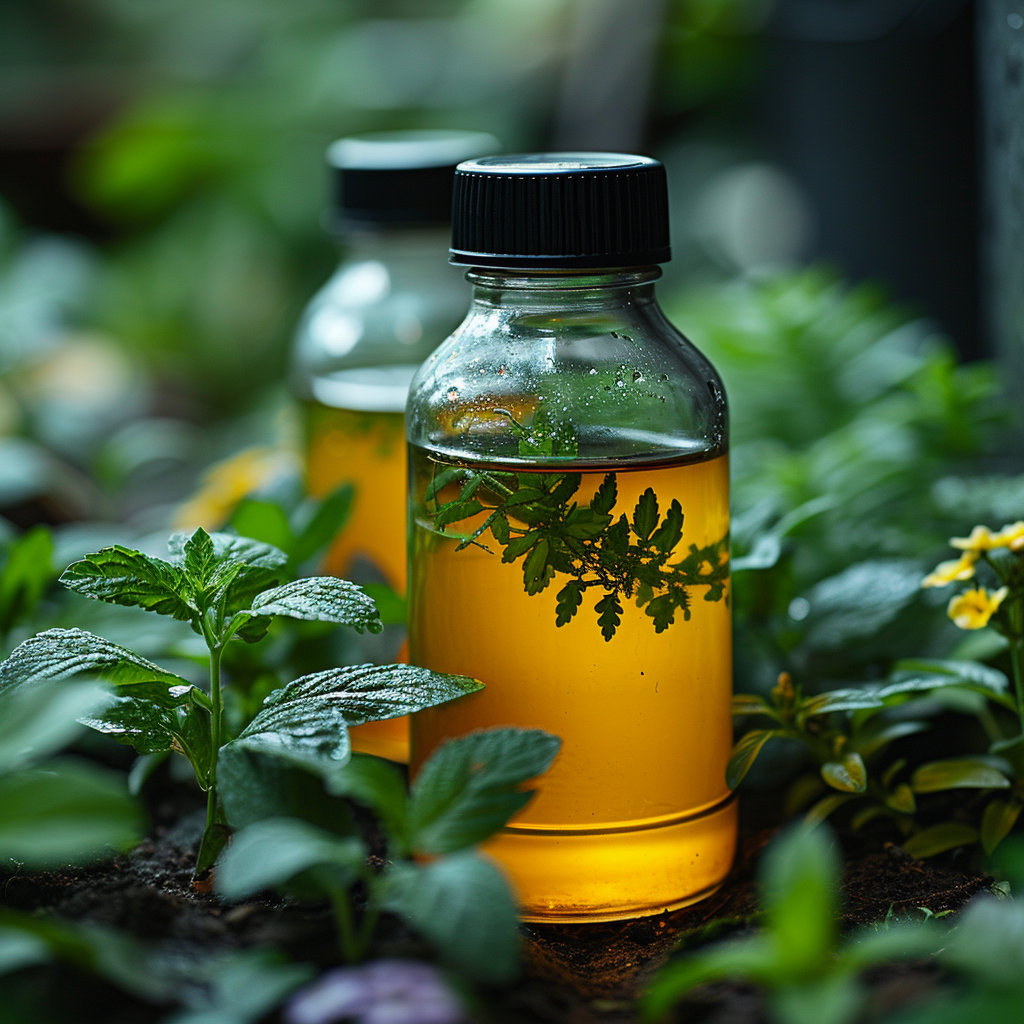
Moving on to the chemical side of things, it’s important to weigh the pros and cons carefully. We also need to stay sharp about what’s allowed by law and how our choices can affect Mother Nature.
Risks and Benefits
Sure, chemical treatments might come across as a strong-arm tactic against sludge buildup, but let’s not jump the gun. They pack a punch but can tip the scales towards riskier territory, impacting both your system’s balance and potentially your health.
Regulations and Environmental Concerns
Hold your horses before you pour any old chemical down the drain. Consider this: there’s a thicket of rules governing what can go into our septic systems for good reason. Plus, think about the big picture—our environment. What we flush away doesn’t just vanish; it could harm delicate ecosystems.
To summarize, when eyeballing your septic tank treatment options, tread lightly. A little knowledge goes a long way towards making informed decisions that are safe for both your personal castle and our shared planet.
Enhancing Breakdown of Solids
Let’s dive a little into the role of septic tank treatments. Now, these treatments can be serious game-changers when it comes down to breaking up the solids in your system. You’ve got this mixture sitting in your tank, right? And you want it to break down efficiently because that’s less hassle for you later on. The breakdown process is kind of like having a helpful batch of tiny workers chomping through the waste, making sure that only the lite version of whatever went in comes out – and by lite I mean more broken down and liquidy.
Reducing Sludge Build-up
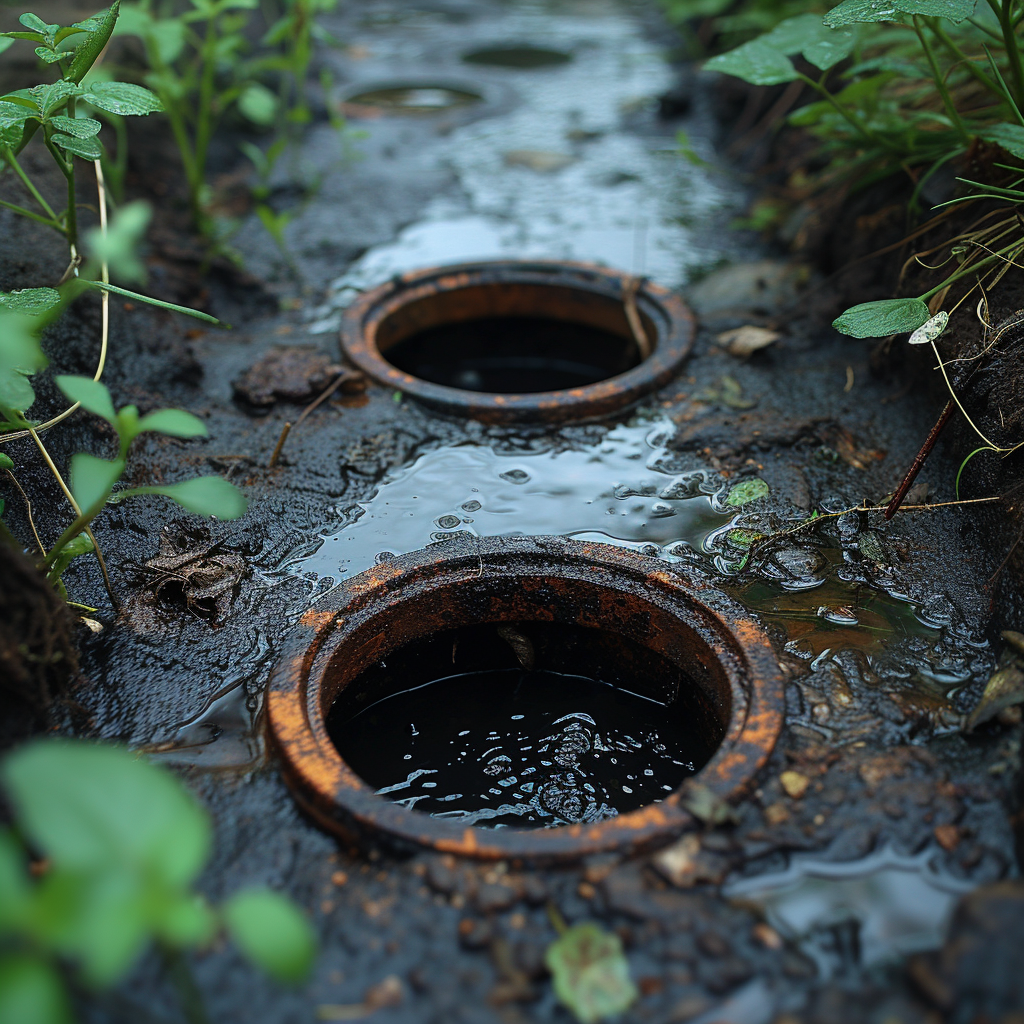
Moving on, we’ve gotta tackle sludge build-up – which nobody wants hanging around. It’s basically the gunk that settles at the bottom after all the breaking down action happens atop. Think of septic tank treatments as your go-to guys for sludge control. They get in there and help reduce the accumulation, so your system doesn’t get clogged with unwanted cast-offs. You’re maintaining a cleaner scene at the base of your tank, which is prime real estate for septic system harmony.
Preventing System Failures

Alright, let’s be clear—you definitely don’t wanna deal with system failures; they can be a total nightmare. But here’s where septic tank treatments step in like a superhero squad. They help by keeping things running smoothly, preventing blockages that can lead to larger issues down the line. As they say, an ounce of prevention is worth a pound of cure. That’s the skinny on how adding the right concoctions to your system serves up some peace of mind, knowing you’re dodging costly disasters by giving your septic system some TLC.
Comparisons of Treatment Efficacy
When sizing up different septic systems, nothing beats real-world examples. Take a peek at a few case studies – they’re like crystal-clear snapshots of how various treatment methods stack up against each other. It isn’t exactly rocket science; some systems knock it out of the park in terms of efficiency, while others miss the mark. What we’re looking for here are the stand-outs that consistently provide top-notch performance even when put through the wringer.
Frequently Asked Questions (FAQ)
What alternative treatments are available for my home's septic system?
For homeowners seeking alternatives, products like KOSRE Septic Tank Treatment offer a different approach using microorganisms to break down waste effectively.

I’m Tim Robberts, a seasoned wastewater treatment & septic system expert with over 40 years of experience in the field. My career began as a septic tank installer, and I quickly gained a reputation for my attention to detail and commitment to excellence. Over the years, I’ve honed my skills in designing, installing, and maintaining septic systems for residential and commercial properties.
